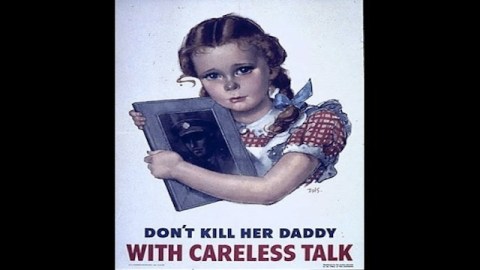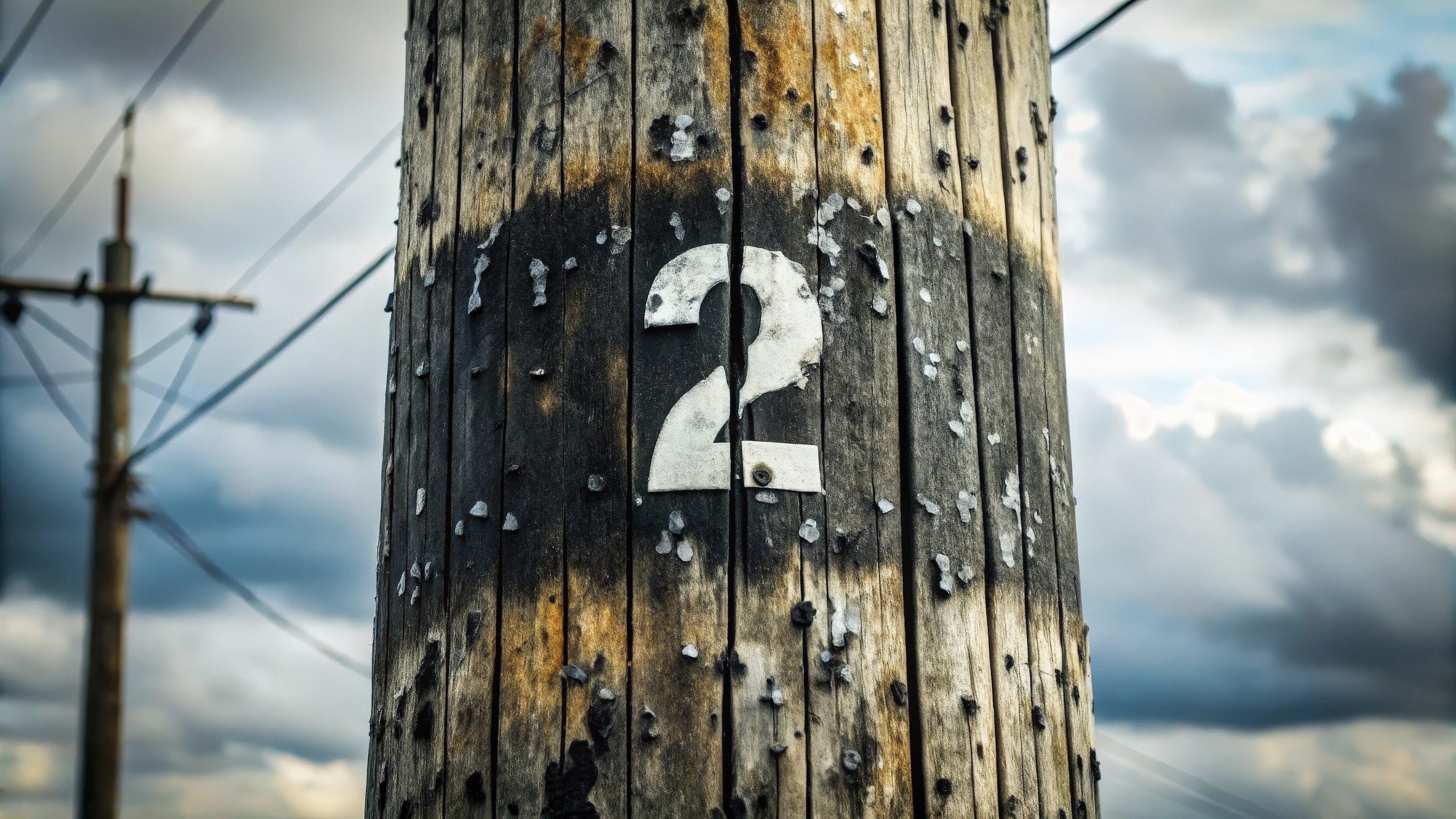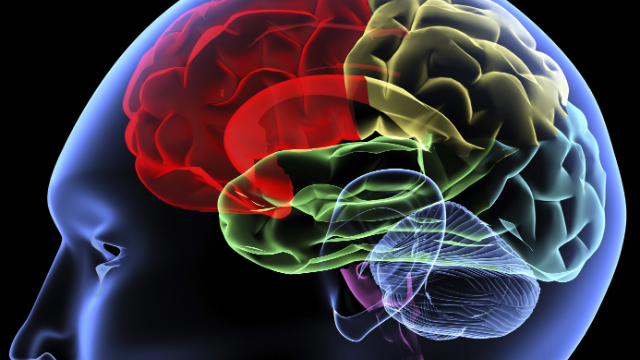What Psychology Could Add to the Wikileaks Debate

The Czech dissident Jan Prochazka was spied upon for years by the Communist government in Prague, but he didn’t let this inhibit his conversation. He spoke to his friends as anyone would, expecting that his talk would go no further than his social circle. Then one day the police did a shocking thing: They broadcast Prochazka’s private chatter on the radio. He was devastated. Milan Kundera, who has written about this assault several times, explained it in terms of the contrast between public and private life: “that we act different in private than in public is everyone’s most conspicuous experience, it is the very ground of the life of the individual,” he said in Testaments Betrayed.
If the study of mind has any well-established tenets, though, then one is surely that no one is limited to just two selves. Rather than a private self and a public self, we have many different ones. One for work. One for the home we’ve made as adults, another for the family in which we were once children. One for old friends and one for new acquaintances. Prompted by this open question, posed by W. Daniel Hillis at Edge.com, I’ve come to think this aspect of human nature is important for understanding the meaning of privacy.
Here’s why: Imagine you say something cruel and funny, but unfair, about one friend to another friend. If the listener repeats what you said, you will rush to explain that you didn’t “really mean it.” What on earth does that mean? Why is the self in the bar at 2 a.m. a less legitimate, less real version of you than another self—for example, the self who knows he will be on a radio program talking about his friend tomorrow?
I think it’s because when you know you’re going to be broadcast, you prepare a version of your self that fits the occasion. Logically we have to concede that we always mean what we say, when we say it. The important thing is to have control over your own self-presentation—to say what you want to mean at the funeral, and not have to hear what you said in bar.
So privacy is not a set of protections around a single True Self, or special parts of that self. It’s the right to decide which version of you self will be known to others, in a particular time and place. Privacy is version control.
People who can’t control their self-presentation—children, prisoners, celebrities who have lost their grip on their own stories—feel the pain of missing autonomy, missing adulthood. Someone else is deciding what they really meant; someone else decides which version is true and which others don’t count. So the opposite of privacy, as Kundera noted, isn’t some secretless glass-house Utopia of good government. It’s totalitarianism.
So I found nothing to admire in Wikileaks’ violation of privacy in its cables release. Sure, I was titillated and amused to read what American diplomats think of Vladimir Putin or Nicolas Sarkozy. But Wikileaks did to them what the Communist apparatchiks did to Prochazka. It robbed them of that control over self-presentation that’s essential to human dignity and autonomy. I don’t think Julian Assange ought to be persecuted, or prosecuted, for his organization’s role in this. But the notion that everyone should know everything about everyone is inherently anti-democratic, so someone who advances that idea shouldn’t be called democracy’s champion.
Yes, but what about the other issue—state secrecy, rather than personal privacy? Well, some “secrets” are just the nation-state equivalent of personal privacy: The State Department can’t do any business if it’s limited to one version of itself (the one that issues bland communiqués about cooperation with Russia, or the one that calls Putin and Medvedev Robin and Batman, take your pick. Both are necessary).
Other kinds of state secrets are the kinds of information that people in governments have decided to withhold from their own people. Governments abuse this power. Democracies would be better off with maximum privacy and minimum secrecy, yet in the name of safety governments push them toward minimum privacy and maximum secrecy.
But it doesn’t follow that government secrecy is always bad. That view is pretty hard to defend: Should we really give Osama bin-Laden a head’s-up that the CIA has found his cave, in the name of perfect transparency?
I accept that states should keep consequential secrets, then. But that puts me in a bind: I must trust people in government to do what is right. Given the necessity of privacy, I can’t insist on knowing much more about those people than they choose to let me know. So I can never be sure that my trust is well-placed.
I think democratic societies don’t have a stable place to stand between the imperative of individual privacy and the need to trust others to be what they seem. But I’ve started to think that we’d be wrong to let justified mistrust of secrecy lead us to deny the importance of privacy. That would lead to an even worse government, not a better one.





